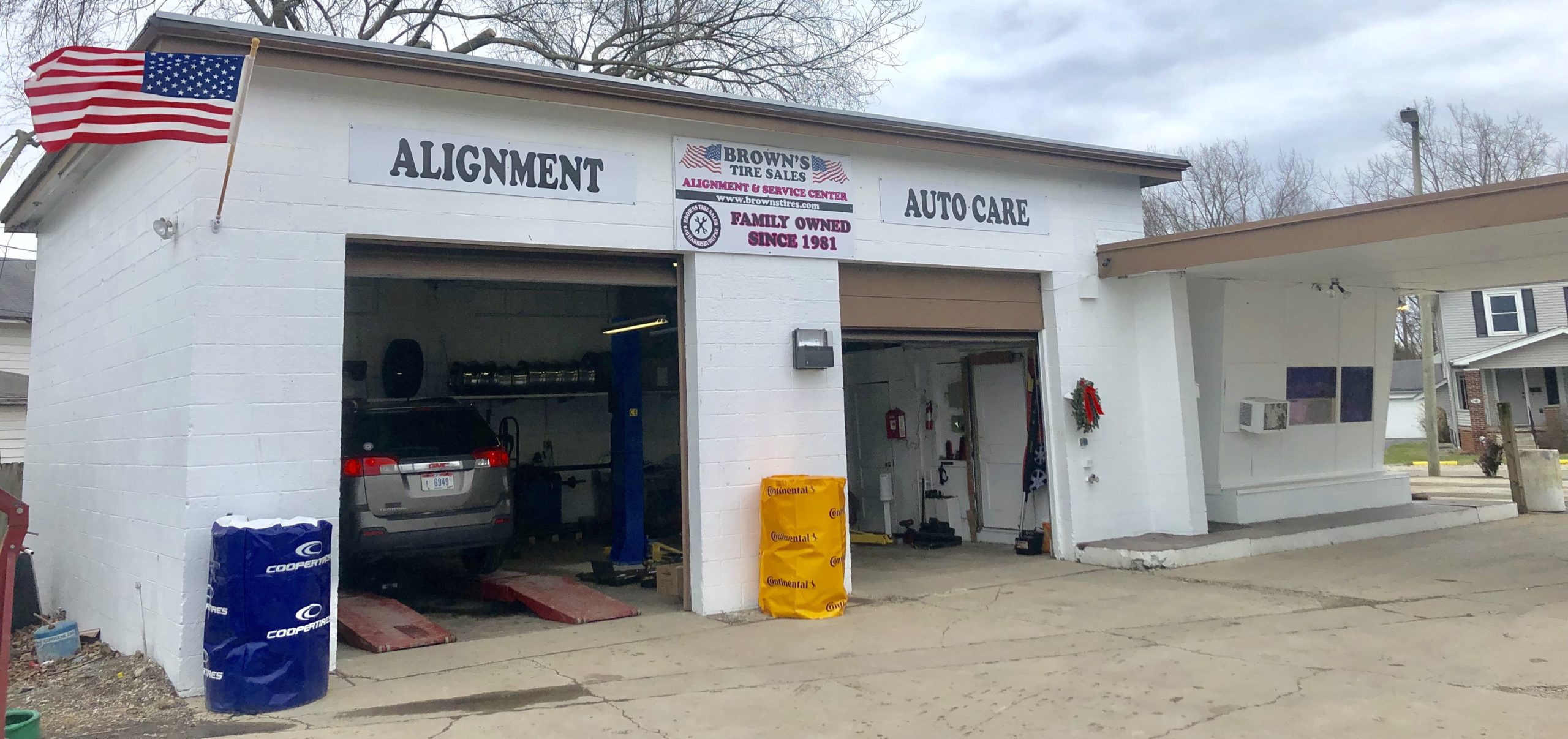Morris Tire Service Quality: Where Knowledge Meets Your Tire Demands
Morris Tire Service Quality: Where Knowledge Meets Your Tire Demands
Blog Article
The Environmental Benefits of Appropriate Tire Maintenance
Keeping correct tire care is usually neglected, yet its impact on the environment is profound. Proper tire upkeep not just extends the life expectancy of tires however likewise decreases landfill waste and adds to enhanced air quality.
Minimized Gas Consumption
Improving tire upkeep techniques can lead to a significant decrease in fuel intake for vehicles. According to the U.S. Division of Energy, underinflated tires can lower gas mileage by 0.2% for every 1 psi drop in pressure in all 4 tires.
In addition to tire stress, regular tire rotations and placements also play a critical duty in gas performance. Erratically used tires can increase gas intake as the engine functions harder to keep rate and grip. By preserving appropriate alignment and revolving tires at recommended periods, vehicle drivers can make certain even lengthen the life and wear of their tires, inevitably saving fuel and decreasing their carbon impact.
Extended Tire Life Expectancy
Extending the lifespan of tires is a key element of reliable lorry maintenance techniques that can generate price financial savings and ecological advantages in the lengthy run. By effectively maintaining tires, vehicle drivers can considerably extend their functionality, minimizing the regularity at which new tires need to be manufactured and old ones gotten rid of. This not just saves beneficial resources yet likewise lessens the energy and exhausts connected with tire manufacturing and disposal procedures.
Routinely examining tire pressure, revolving tires, and making certain proper placement are necessary action in expanding tire lifespan. Ample tread deepness is vital for ideal grip and safety, yet it likewise plays a role in how much time tires can be used before requiring substitute. Additionally, staying clear of hostile driving behaviors that accelerate tire wear, such as rough stopping and doglegs, can further boost tire resilience.
Eventually, enhancing the long life of tires via proactive maintenance not only benefits the environment by lowering waste and conserving sources yet additionally brings about set you back savings for car proprietors by delaying the requirement for brand-new tire acquisitions.
Reduced Discharges Result
Efficient tire maintenance practices contribute to a reduction in discharges output, lining up with ecological sustainability goals in the vehicle industry. By keeping ideal tire pressure levels, chauffeurs can assist minimize these adverse ecological impacts.
Additionally, well-kept tires likewise boost grip and decrease rolling resistance, even visit here more enhancing gas performance. This, in turn, decreases the amount of exhaust gases launched into the atmosphere. Furthermore, guaranteeing tires are effectively blown up and straightened can extend the life-span of the tires, decreasing the frequency of tire replacements and the associated ecological prices of tire manufacturing and disposal.

Reduced Land Fill Waste
Given the positive effect of proper tire upkeep on lowering emissions outcome, one more considerable environmental advantage is the possibility for reduced landfill waste. They wear out quicker and need to be replaced a lot more regularly when tires are not maintained appropriately. This leads to a greater quantity of made use of tires being taken care of in garbage dumps. Nevertheless, by making certain that tires are effectively inflated, straightened, well balanced, and turned consistently, their lifespan can be substantially prolonged. This suggests that fewer tires end up in garbage dumps, reducing the quantity of non-biodegradable waste in these already overflowing websites.

Improved Air Quality
Enhancing air high quality with proper tire upkeep practices is an essential element of lasting ecological stewardship. When tires are underinflated, they create extra moving resistance, bring about boosted fuel usage and higher emissions of dangerous pollutants such as carbon monoxide and nitrogen oxides. Correctly filled with air tires not only boost gas effectiveness yet likewise minimize the quantity of pollutants launched right into the air.
In addition, properly maintained tires with appropriate tread depth and positioning add to much safer driving problems, lowering the probability of accidents that can result in the launch of additional toxins into the environment. By expanding the lifespan of tires through regular upkeep and rotation, less tires are thrown out prematurely, reducing the ecological impact of tire disposal and production procedures.
Verdict
In verdict, appropriate tire upkeep provides numerous ecological benefits. It is necessary for people to focus on tire maintenance as an easy yet reliable means to protect the environment for future generations.
Correct tire maintenance not only prolongs the More Info life-span of tires yet also decreases land fill waste and adds to improved air top quality - discount tires morris il. By maintaining proper positioning and rotating tires at suggested periods, motorists can make sure also put on and extend the life of their tires, ultimately conserving fuel and minimizing their carbon impact
By correctly preserving tires, chauffeurs can considerably lengthen their usability, reducing the frequency at which brand-new tires need to be made and old ones disposed of.Consistently checking tire stress, rotating tires, and making certain correct alignment are crucial actions in extending tire life expectancy. In addition, guaranteeing tires are appropriately pumped up and lined up can prolong the life expectancy of the tires, minimizing the frequency of tire substitutes and the associated environmental expenses of tire manufacturing and disposal.
Report this page